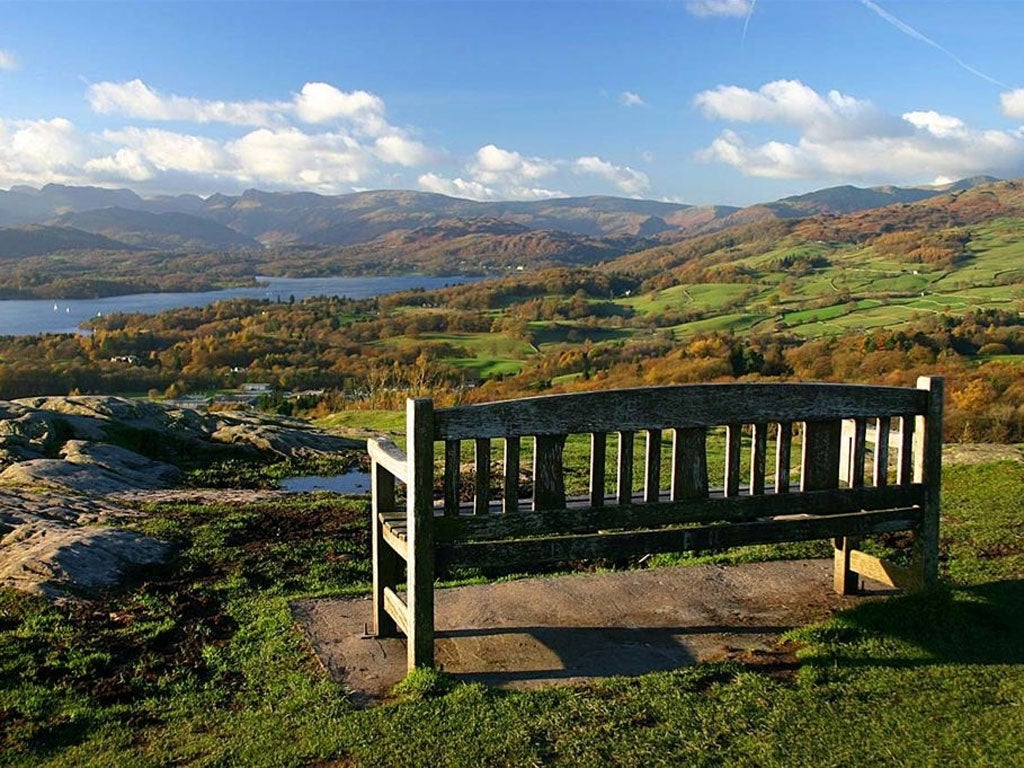Government's post-Brexit business plans are putting England's countryside at risk, campaigners warn
Environmental groups say investment in energy, transport and housing risks ruining unspoilt rural landscapes

Your support helps us to tell the story
From reproductive rights to climate change to Big Tech, The Independent is on the ground when the story is developing. Whether it's investigating the financials of Elon Musk's pro-Trump PAC or producing our latest documentary, 'The A Word', which shines a light on the American women fighting for reproductive rights, we know how important it is to parse out the facts from the messaging.
At such a critical moment in US history, we need reporters on the ground. Your donation allows us to keep sending journalists to speak to both sides of the story.
The Independent is trusted by Americans across the entire political spectrum. And unlike many other quality news outlets, we choose not to lock Americans out of our reporting and analysis with paywalls. We believe quality journalism should be available to everyone, paid for by those who can afford it.
Your support makes all the difference.Some of Britain’s most pristine countryside is at risk from government efforts to boost the economy in the wake of Brexit, campaigners have warned.
Infrastructure projects and large developments are planned in a number of rural areas including the Lake District, the Cotswolds and Sussex’s High Weald as part of ministers’ plans to demonstrate Britain is “open for business”.
Projects in the pipeline include a new motorway between Oxford and Cambridge, new railway infrastructure in the Midlands and thousands of new homes.
The National Grid also wants to build a new 102-mile power line through part of the Lake District. The plan would see 90 pylons erected just 10 metres outside the national park and 15 miles of cabling installed beneath it.
Such developments are putting England’s countryside at risk, according to the Campaign to Protect Rural England (CPRE). Shaun Spiers, the charity’s chief executive, told The Observer there was “a real concern” about increased development in rural areas.
He said: “Everybody recognises that we need to update infrastructure, and the CPRE’s traditional role since it was set up in 1926 has been to question whether or not it’s necessary and if there are alternatives to industrialising landscapes.
“There’s a terrible sense right now that ministers are just keen to say that Britain’s open for business at the expense of everything else. It’s all justified on narrow economic grounds, and I’m not sure anyone is standing back and saying ‘what are the alternatives?’”
Environmental campaigners are also concerned about government promises to increase the number of new homes being built. Ministers want to build at least 200,000 homes per year - a significant increase on the 140,000 that were completed last year.
Some estimates suggest 300,000 new homes are needed to meet England’s housing shortfall.
Previous CPRE research found 275,000 homes are planned for areas designated as greenbelt – a rise of a quarter in the last year.
It comes as figures reveal the government has cut funding for national parks in England by millions of pounds in the past five years.
An investigation by the Press Association found that by 2020 the funding parks receive will be a fifth less than it was in 2010. The Government has said it will increase investment in national parks in the next few years.
Join our commenting forum
Join thought-provoking conversations, follow other Independent readers and see their replies
Comments